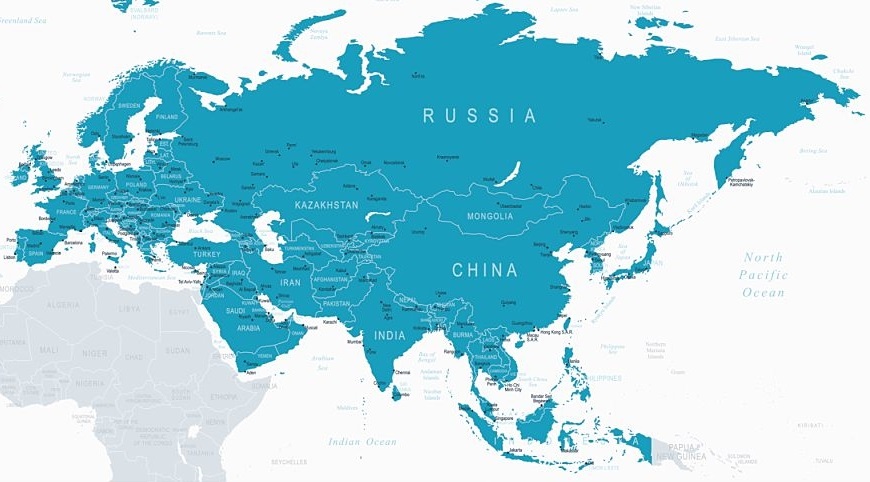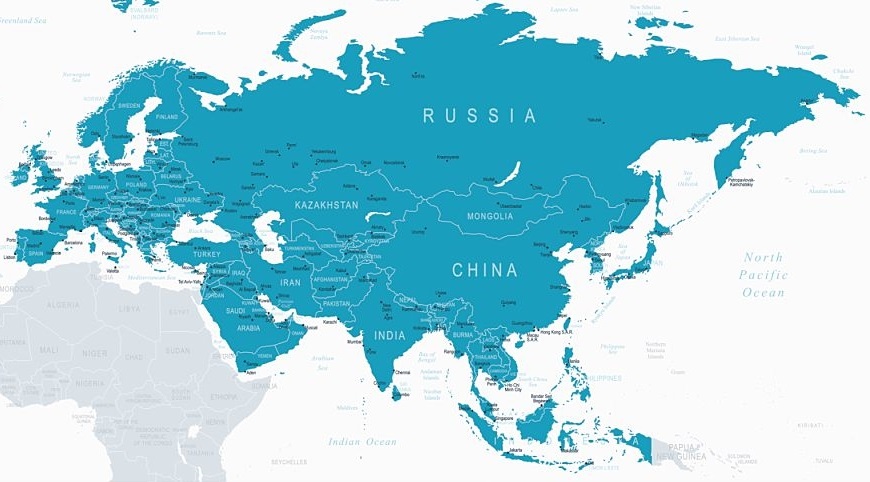
The international community is continuing to grapple with the ramifications of Russia’s invasion of Ukraine that started on 24 February. While Western countries and Russia are locked into an ideological conflict and dangerous brinkmanship over the future of Ukraine, NATO-member and EU-candidate Turkey has drawn attention due to its efforts to maintain a delicate balance in its relations with its Western allies, Russia, and Ukraine.[1] While clearly condemning Russia for its aggression against Ukraine and firmly supporting the territorial integrity and sovereignty of Ukraine, Turkey has refused to enact the crippling economic sanctions that Western countries are applying against Russia. Just as importantly, Turkish policy makers and civil society have refused to partake in the Russophobic hysteria currently gripping Western societies that victimizes even ordinary Russians and vilifies anything related to Russia.
Such a stance has highlighted Turkey’s foreign policy and its place in its region and, in fact, the world. This naturally raises several questions about Turkey, such as: how does Turkey truly view NATO and the EU? How does Turkey, as a society and a state, view itself in ideological terms? And where is Turkey heading towards in terms of foreign policy?
It is perhaps for this reason that publications by Western-affiliated authors and institutions have begun to appear recently that are scrutinizing Turkey’s push for repositioning itself in Eurasia and its understanding of "Eurasianism". The content of that scrutiny, however, also reveals antiquated Cold War-era mindsets that view Turkey as a mere frontline asset of the Western world and that Turkey’s deviation from such a role is inherently threatening for the West. In line with this logic, Turkish Eurasianism is depicted as inherently anti-Western, pro-Russian/Chinese, aggressively revisionist, authoritarian, and a political ploy to serve Turkish nationalists’ ambitions and bolster the incumbent Turkish government’s popular support.[2] All of this reveals an arrogant mindset that automatically considers policies geared towards Western state interests as virtuous, but fails to consider the following critical question: Are the global and regional policies implemented by Turkey’s Western allies in the interests of the state and society of Turkey?
As noted by many authors on multiple occasions, “Eurasianism” is a broad subject interpreted in different ways by different actors. For some, Turkish Eurasianism is distinct from the better known and more frequently discussed Russian Eurasianism in that it lacks imperialistic ambitions. For others, Turkish Eurasianism is known for its intense focus on securing “strategic autotomy” for Turkey. It is apparent from the Western coverage on this subject that this Turkish focus on strategic autotomy is alarming for Western actors, as it is interpreted as a signal of strong Turkish distrust against the West and Turkey’s potential departure from it and move towards Russia and China. This is where AVİM’s unique take on Eurasianism comes into play.
As noted in our AVİM commentary[3] in 2017, “Eurasianism is about understanding Turkey’s present and future place in Eurasia, where the present and future power center of the world is and will be situated. […] When one takes into account Turkey’s current foreign and trade relations and position in the world, a Eurasianism defined inherently along the lines of anti-Westernism is not going to bring much benefit to Turkey. Turkey’s best interest lays in adopting Constructive Eurasianism that on the one hand values Turkey’s institutionalized connections with the West, and on the other hand looks into the potential offered by increased ties with Turkey’s east.”
Constructive Eurasianism recognizes Turkey’s sui generis character, not in the sense that is superior to other countries and must thus exert its will upon them, but in the sense that it is inherently and uniquely positioned geographically, culturally, and politically. Per our Constructive Eurasianism understanding, Turkey must not position itself as a purely Western or Eastern or European or Asian country. Although established on strong secular foundations, Turkey must keep in mind its position as a leading Muslim-majority country and that many Muslims around the world look up to Turkey in this regard. Turkey is and must be all of these at the same time, because such a stance reflects Turkey’s true and rich nature.
Constructive Eurasianism values and respects Turkey's NATO membership and supports its EU candidacy, even though the latter promises the Turkish people an improbable future. It views the concepts of democracy, pluralism, and the rule of law as sources of strength for a healthy state and society. However, it also recognizes that some of the florid language employed by Western countries with emphasis on democracy, pluralism, the rule of law, and the “value-based relationship” rhetoric masks centuries-old imperialistic ambitions and an arrogant attempt to intervene in the domestic politics of other countries.
At this point, it should be noted that a large part of Turkish society is keenly aware of the alarming rise and normalization of xenophobic (and specifically Turcophobic and Islamophobic) discourses and acts in Western countries that is resulting in hate speech, ostracization, and violent attacks against those who are considered “non-Western”, which includes ordinary Turks and Muslims living in these countries. It is also an offending fact for the overwhelming majority of the Turkish people that some circles in the West, due to cultural and historical reasons, inherently view Turkey as an outsider that needs to be “watched” and that its NATO membership and EU candidacy are simply “marriages of convenience”.
This passive aggressive mindset has caused Turkey’s Western allies to engage in multiple acts that continue to marginalize Turkey and hurt its security interests. The US’ and EU countries’ bizarre insistence on training, arming, and funding PKK’s Syrian branch YPG despite officially classifying PKK as a terrorist organization, and US President Joe Biden’s needlessly bellicose recent 24 April genocide proclamation against Turkey are two current examples for this. These reveal that despite Turkey’s best intentions and efforts to maintain amicable relations, its Western allies cold-shoulder Turkey, then childishly protest when a frustrated Turkey seeks ways to diversify its foreign policy to secure its state interests.
Considering all these issues, Constructive Eurasianism, unlike other forms of Eurasianism advocated, “will benefit Turkey because it rejects creating new rivalries and antagonisms, and instead seeks to create new avenues for cooperation so that Turkey can position itself properly in a changing world.” This will first and foremost allow Turkey to maintain its decades long integration with the West and its Western features while at the same time will provide opportunities for transactional processes based on win-win situations with the East. As such, Constructive Eurasianism will allow Turkey to continue to be an integrated part of the West and at the same time to function as a true nexus between the West and the East. Turkey's efforts to achieve peace in the ongoing Ukraine-Russia war and its diplomatic dexterity in bringing Russia and Ukraine together in a wartime environment are examples of the real-life functionality of the concept of Constructive Eurasianism.
© 2009-2025 Center for Eurasian Studies (AVİM) All Rights Reserved

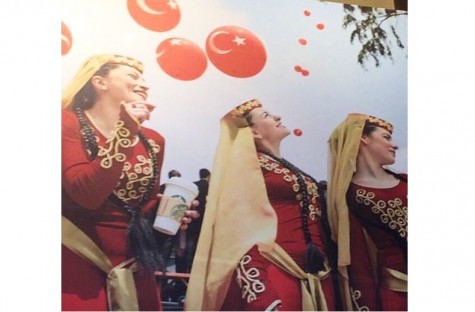 STARBUCKS SUCCUMBS TO IGNORANT ANTI-TURKISH PROPAGANDA
STARBUCKS SUCCUMBS TO IGNORANT ANTI-TURKISH PROPAGANDA
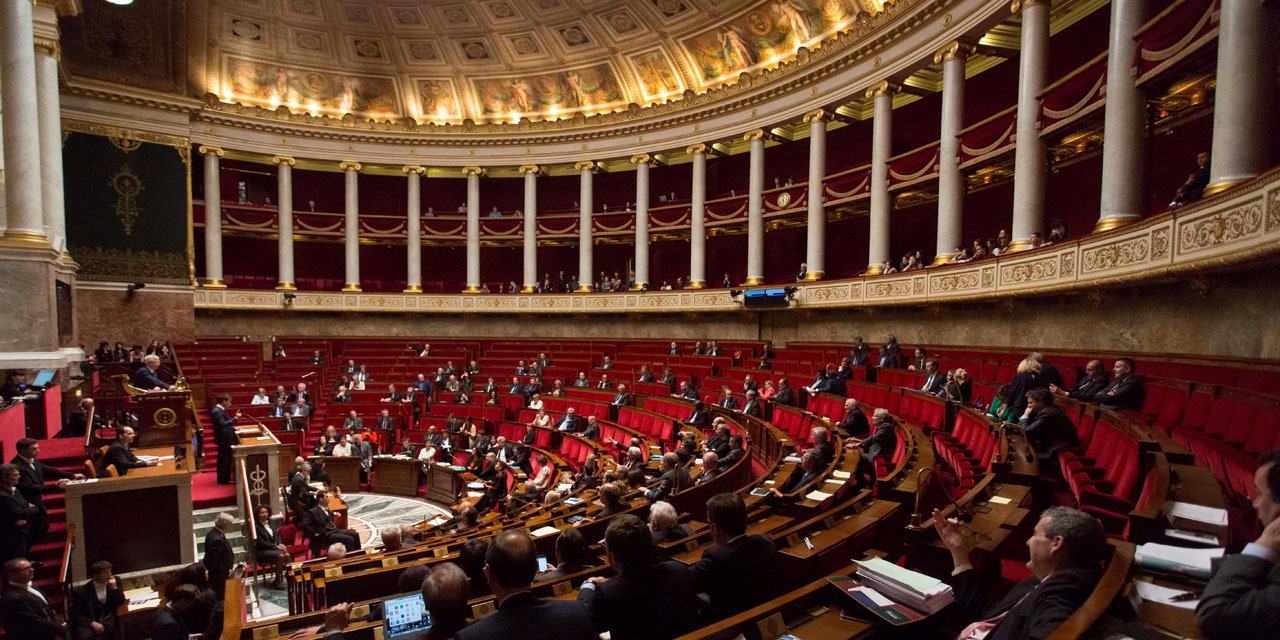 THE FRENCH BILL OF JULY 1 AND ITS IMPLICATONS
THE FRENCH BILL OF JULY 1 AND ITS IMPLICATONS
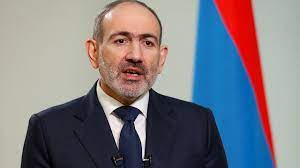 DEVELOPMENTS IN POST-2020 KARABAKH WAR ARMENIA AND THEIR IMPLICATIONS - IV: IS PASHINYAN COMING TO THE END OF HIS POLITICAL LIFE?
DEVELOPMENTS IN POST-2020 KARABAKH WAR ARMENIA AND THEIR IMPLICATIONS - IV: IS PASHINYAN COMING TO THE END OF HIS POLITICAL LIFE?




















